Cosmetics Companies in Question: Probing Alleged Ties to Israel
In the realm of consumer products, our choices carry weight beyond simple transactions. The connections and affiliations of brands hold substantial social, political, and ethical significance. Being aware of the ties of well-known brands enables us to make informed decisions about our consumer behaviors and the companies we support.
Aesop
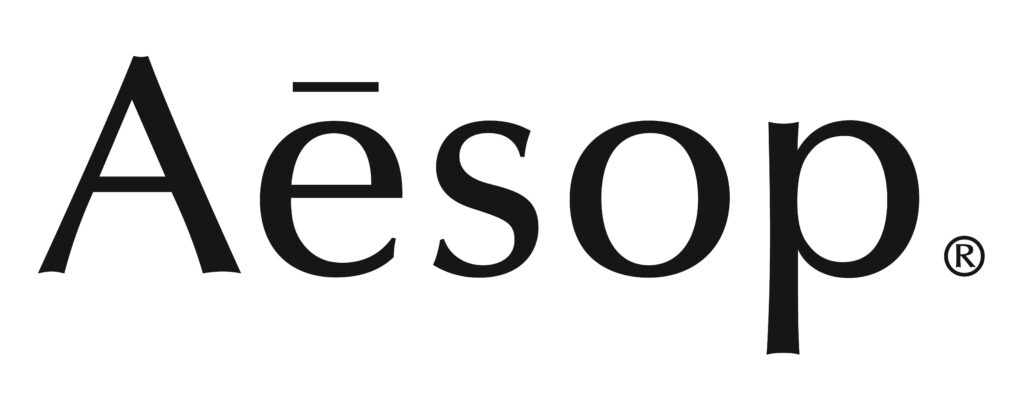
Aesop, a brand under the umbrella of L’Oreal, has recently faced fines from the Arab League while simultaneously strengthening its connections with Israel. For those who prioritize ethical values, refraining from purchasing Aesop products, avoiding their sale, or working for L’Oreal Groupe is advised. The controversy surrounding Aesop serves as a reminder of the intricate web of geopolitical and ethical considerations within the cosmetics industry.
Ahava
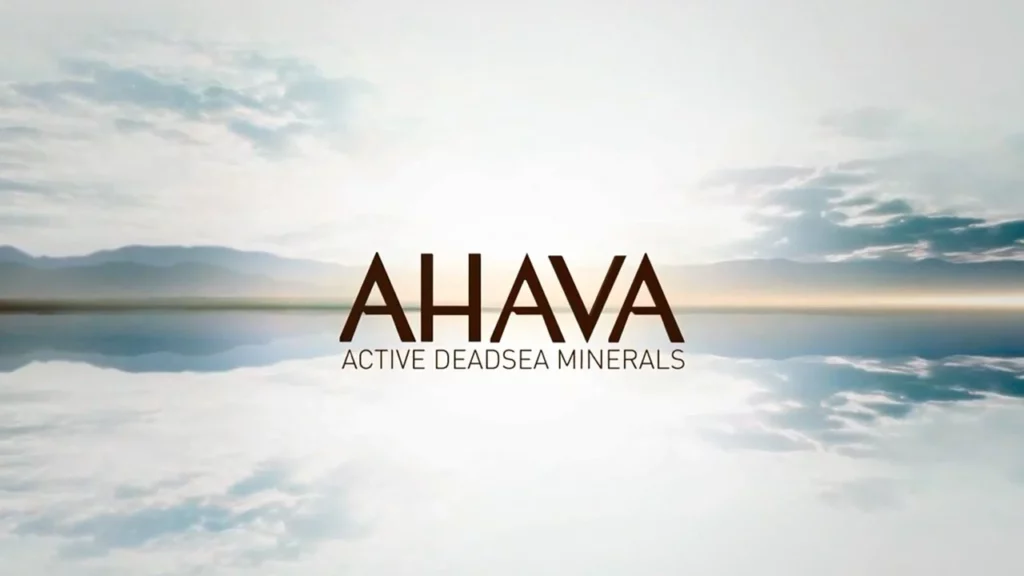
Ahava, an Israeli company operating in Occupied Palestine, sources resources from the Dead Sea. To support particular stances, it’s advisable to steer clear of purchasing or selling Ahava products. The complex geopolitical landscape surrounding Ahava raises questions about the ethical implications of consumer choices and the broader impact of cosmetics companies on global issues.
Amika
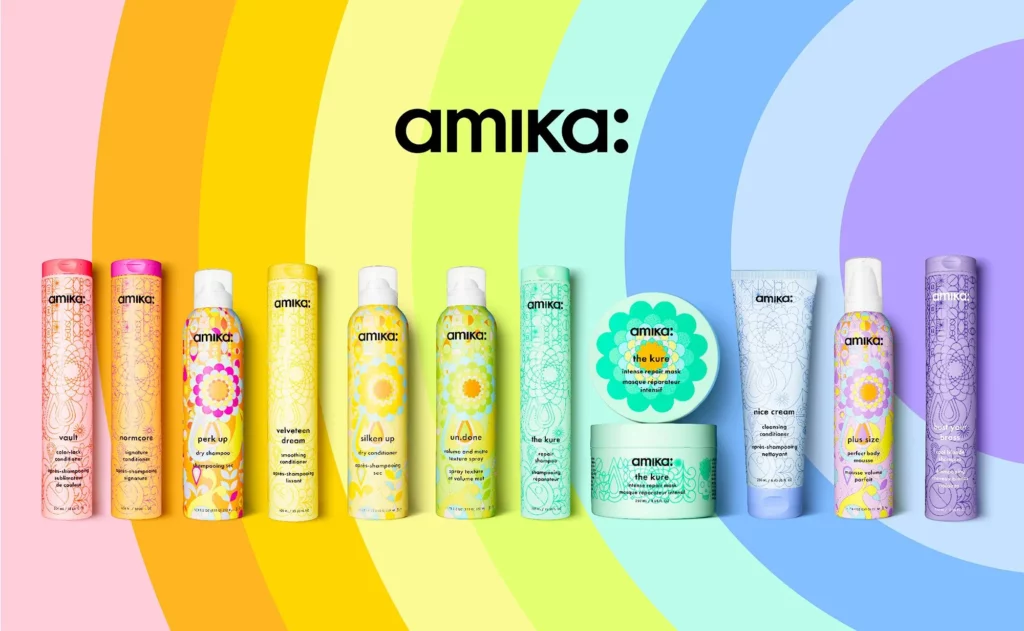
Produced on occupied Palestinian land, Amika may conflict with certain ethical viewpoints. To stay aligned with ethical beliefs, it’s recommended to abstain from buying or selling Amika products. The ethical considerations surrounding Amika highlight the challenges consumers face in navigating the complexities of global supply chains and corporate affiliations.
Aussie
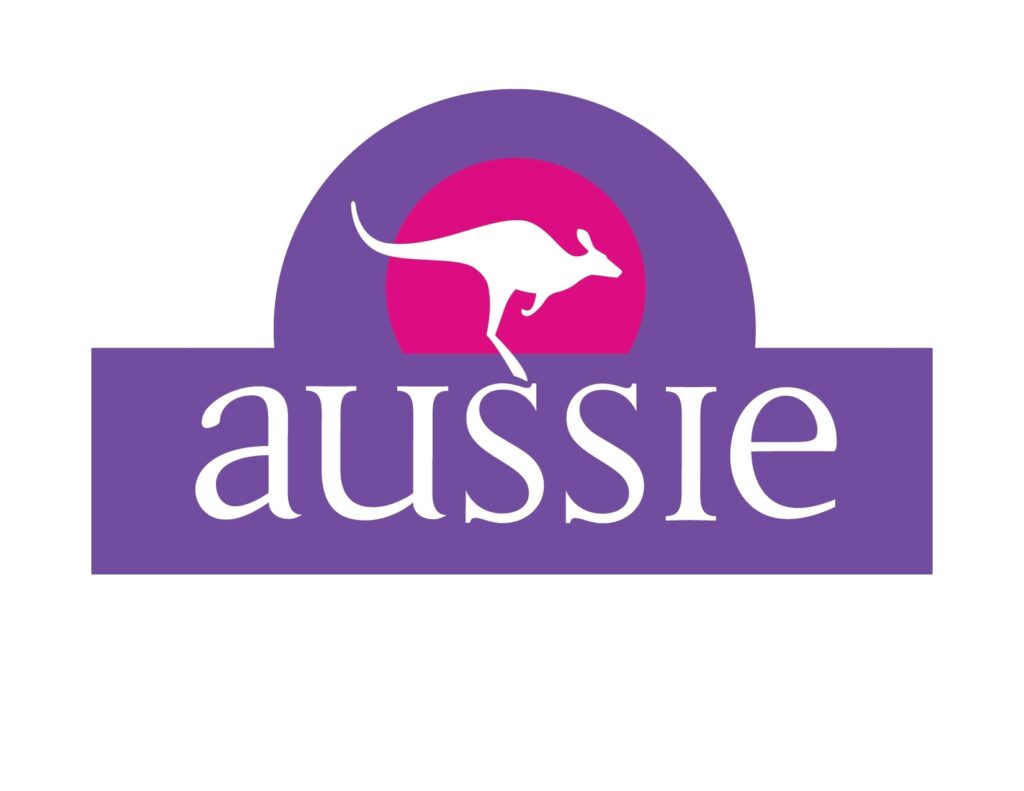
Part of Procter and Gamble, Aussie is deeply connected with Israeli endeavors. Aligning with specific ethical perspectives involves avoiding Aussie products in purchase and sale, as well as abstaining from working for the brand. The entanglement of cosmetics brands with geopolitical issues underscores the need for consumers to critically examine their choices.
Axe
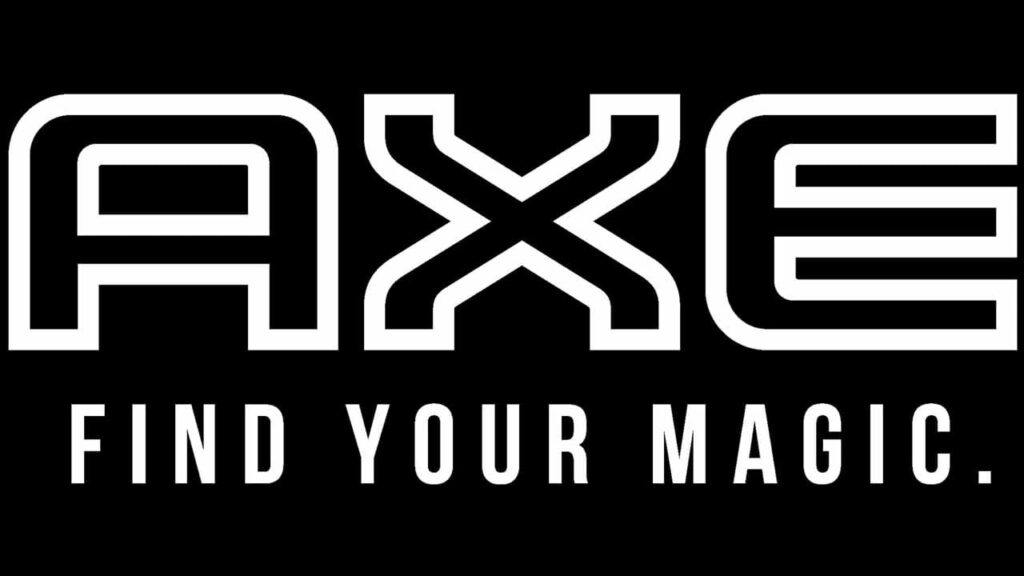
Under Unilever, Axe might conflict with certain stances regarding Israel. To align with specific positions, it’s recommended to avoid buying, selling, or working for Axe under the Unilever umbrella. The controversies surrounding Axe exemplify the challenges faced by consumers in ensuring their choices align with their values in a globalized market.
Also See: Fashion Companies Under Scrutiny: Examining Allegations of Support for Israel
Bath & Body Works
Owned by Les Wexner, an ally of Israel, Bath & Body Works might create ethical conflicts. To uphold certain beliefs, it’s advised to refrain from purchasing the products and working for Bath & Body Works. The personal affiliations of key figures in the cosmetics industry raise questions about the impact of individual values on corporate practices.
Benefit Cosmetics
Part of LVMH, which invests in Israeli companies, Benefit Cosmetics might conflict with certain ethical stances. To align with specific viewpoints, it’s advisable to avoid buying, selling, or working for Benefit Cosmetics. The intricate relationships between cosmetics brands and their parent companies highlight the need for consumers to dig deeper into corporate structures.
BIOTHERM
Linked to L’Oreal and embroiled in the Arab League boycott issue, BIOTHERM faces fines and strengthens its ties with Israel. To adhere to certain perspectives, it might mean abstaining from BIOTHERM products in purchase and sale and refraining from working for L’Oreal Groupe. The legal and geopolitical challenges faced by cosmetics companies emphasize the importance of transparency in corporate practices.
Bobbi Brown
As a part of Estee Lauder, Bobbi Brown’s affiliation with Ronald Lauder’s viewpoints may create ethical conflicts. To maintain alignment with specific stances, it’s recommended to refrain from engaging with the wide range of Estee Lauder products, including MAC Cosmetics, Clinique, among others. The alignment of cosmetics brands with individual ideologies highlights the broader societal implications of consumer choices.
Bulgari / Bvlgari
Under Bernard Arnault’s LVMH, Bulgari holds investments in Israeli companies. To align with particular perspectives, it might involve abstaining from purchasing, selling, or seeking employment with Bulgari or LVMH. The financial ties between cosmetics brands and geopolitical issues illuminate the challenges consumers face in navigating a globalized market.
Celine
Also under Bernard Arnault’s LVMH, Celine presents similar associations with substantial investments in Israeli companies. For ethical alignment, it’s advisable to avoid involvement in purchasing, selling, or working for Celine or LVMH. The repetitive nature of such affiliations calls attention to the need for consumers to stay informed about the backgrounds of the brands they support.
CeraVe
Linked with L’Oreal, Cerave’s connections may contradict certain ethical stances due to L’Oreal’s alliance with Israel post the Arab League boycott. To align with specific viewpoints, consider refraining from involvement in buying, selling, or working for L’Oreal. The ongoing geopolitical challenges faced by cosmetics brands emphasize the need for consumers to reassess their allegiances.
Chanel
Privately owned by the Wertheimer family, Chanel’s owner, Alain Wertheimer, made contributions but remained silent on various conflicts. To maintain alignment with specific ethical stances, it’s recommended to avoid purchasing or selling Chanel products and to refrain from working for Chanel. The silence of key figures in the cosmetics industry raises questions about corporate responsibility and transparency.
Clinique
Similar to Bobbi Brown, Clinique, owned by Estee Lauder, might trigger ethical conflicts due to Estee Lauder’s viewpoints. To align with specific stances, it involves avoiding Clinique and other products from Estee Lauder’s extensive range and refraining from working for Estee Lauder brands. The intertwining of personal ideologies with corporate practices highlights the multifaceted nature of the cosmetics industry.
Diesel Fragrances
Part of the L’Oreal group, Diesel Fragrances’ associations may conflict with certain ethical viewpoints. To align with specific stances, it’s advisable to refrain from engaging in buying, selling, or working for Diesel Fragrances or L’Oreal Groupe. The challenges faced by Diesel Fragrances exemplify the complexity of navigating ethical considerations within a globalized corporate structure.
Dior / Christian Dior
Also under Bernard Arnault’s LVMH, Dior’s ties with significant investments in Israeli companies might challenge certain ethical perspectives. To align with particular viewpoints, it might involve avoiding Dior products in both purchase and sale, as well as refraining from working for Dior or LVMH. The repetition of LVMH’s associations with Israeli investments underscores the need for consumers to scrutinize the backgrounds of brands under the same corporate umbrella.
DKNY
Owned by Bernard Arnault’s LVMH, DKNY’s connections might conflict with certain ethical standpoints. To align with particular viewpoints, it’s advisable to abstain from buying, selling, or working for DKNY or LVMH. The numerous connections of LVMH to geopolitical issues highlight the challenges faced by consumers in making ethically informed choices.
Dove
As part of Unilever, Dove’s associations might challenge certain ethical stances. To maintain ethical alignment, it’s recommended not to buy, sell, or work for Dove or Unilever. The controversies surrounding Dove underscore the broader societal implications of consumer choices and the potential impact on corporate practices.
Estee Lauder
With Ronald Lauder’s support for Zionist views and influential positions, Estee Lauder might pose ethical conflicts. Aligning with certain viewpoints might involve refraining from purchasing products across Estee Lauder’s extensive range and avoiding employment with Estee Lauder brands. The alignment of cosmetics brands with specific political ideologies raises questions about corporate responsibility and the impact on global issues.
Fendi
A part of Bernard Arnault’s LVMH, Fendi’s ties to LVMH’s investments in Israeli companies might challenge certain ethical viewpoints. For ethical alignment, it’s suggested to avoid purchasing, selling, or working for Fendi or LVMH. The intricate connections between cosmetics brands and geopolitical issues underscore the challenges consumers face in making ethically sound choices.
Fenty Beauty by Rihanna
Partly owned by Rihanna and LVMH, Fenty’s association with LVMH’s investments in Israeli companies might conflict with certain ethical perspectives. To align with specific stances, it’s advisable not to buy, sell, or work for Fenty or LVMH. The involvement of celebrities in cosmetics brands raises questions about the impact of personal ideologies on consumer choices.
Garnier
As a part of L’Oreal, Garnier’s connections might conflict with certain ethical viewpoints. For ethical alignment, it’s recommended to abstain from buying, selling, or working for Garnier or L’Oreal Groupe. The complex associations of Garnier exemplify the multifaceted nature of corporate structures within the cosmetics industry.
Giorgio Armani Beauty
In partnership with L’Oreal, Giorgio Armani Beauty’s connections to L’Oreal’s past actions might challenge certain ethical stances. Aligning with specific viewpoints might involve abstaining from buying, selling, or working for Giorgio Armani Beauty or L’Oreal Groupe. The historical context of cosmetics brands’ actions emphasizes the importance of understanding corporate backgrounds.
Givenchy
Owned by Bernard Arnault’s LVMH, Givenchy’s connections might challenge certain ethical viewpoints. For ethical alignment, it’s advisable to avoid buying, selling, or working for Givenchy or LVMH. The repetition of LVMH’s associations with Israeli investments calls attention to the broader issues surrounding cosmetics brands and geopolitical controversies.
Head and Shoulders
Owned by Procter and Gamble, Head and Shoulders’ connections might conflict with certain ethical viewpoints due to their R&D center in Occupied Palestine. Aligning with specific stances might involve refraining from buying, selling, or working for Head and Shoulders. The geographic considerations surrounding Head and Shoulders highlight the challenges faced by consumers in navigating global supply chains.
Herbal Essences
As another brand owned by Procter and Gamble, Herbal Essences’ connections might pose ethical conflicts. Aligning with specific viewpoints might involve avoiding the purchase, sale, or employment with Herbal Essences. The broader implications of cosmetics brands on global issues underscore the need for consumers to critically assess their choices.
IT Cosmetics
Owned by L’Oreal, IT Cosmetics’ connections with L’Oreal’s past actions might challenge certain ethical stances. For ethical alignment, it’s advisable to abstain from buying, selling, or working for IT Cosmetics or L’Oreal Groupe. The historical context of cosmetics brands’ actions emphasizes the importance of understanding corporate backgrounds.
Jo Malone
Owned by Estee Lauder, Jo Malone’s ties might conflict with certain ethical viewpoints. Aligning with specific stances might involve refraining from purchasing products across Estee Lauder’s extensive range and avoiding employment with Estee Lauder brands. The complex affiliations of Jo Malone highlight the interconnected nature of cosmetics brands within the industry.
Kenzo
Part of Bernard Arnault’s LVMH, Kenzo’s links to LVMH’s investments might challenge certain ethical viewpoints. For ethical alignment, it’s recommended to avoid purchasing, selling, or working for Kenzo or LVMH. The repetition of LVMH’s associations with Israeli investments calls attention to the broader issues surrounding cosmetics brands and geopolitical controversies.
Keratase
Owned by L’Oreal, Keratase’s associations might challenge certain ethical perspectives. For ethical alignment, it’s suggested to abstain from buying, selling, or working for Keratase or L’Oreal Groupe. The intricate connections of Keratase exemplify the multifaceted nature of corporate structures within the cosmetics industry.
Kiehl’s
Also owned by L’Oreal, Kiehl’s connections might challenge certain ethical stances. For alignment with specific viewpoints, it’s advisable to avoid buying, selling, or working for Kiehl’s or L’Oreal Groupe. The historical context of cosmetics brands’ actions emphasizes the importance of understanding corporate backgrounds.
Kylie Cosmetics
Following Kylie Jenner’s public stance and subsequent deletion of a post related to Israel, ethical stances might encourage refraining from buying, selling, or working for Kylie Jenner’s brand, Kylie Cosmetics. The influence of celebrities on cosmetics brands raises questions about the impact of personal ideologies on consumer choices.
La Mer
Part of Estee Lauder, La Mer’s association with the company might conflict with certain ethical perspectives. To align with specific stances, it’s recommended to avoid purchasing products across Estee Lauder’s extensive range and not work for Estee Lauder brands. The complex affiliations of La Mer highlight the interconnected nature of cosmetics brands within the industry.
La Roche-Posay
Owned by L’Oreal, La Roche-Posay’s connections might challenge certain ethical viewpoints. To maintain ethical alignment, it’s advised to refrain from buying, selling, or working for La Roche-Posay or L’Oreal Groupe. The intricacies of La Roche-Posay’s associations underscore the intricate web of ethical considerations within the cosmetics industry.
Lancome
Also owned by L’Oreal, Lancome’s connections might conflict with certain ethical stances. To align with specific viewpoints, it’s advisable to avoid purchasing, selling, or working for Lancome or L’Oreal Groupe. Navigating Lancome’s affiliations sheds light on the multifaceted ethical landscape in which cosmetics brands operate.
Loewe
Part of Bernard Arnault’s LVMH, Loewe’s links might challenge certain ethical viewpoints. For those seeking ethical alignment, it’s recommended to abstain from buying, selling, or working for Loewe or LVMH. The ethical intricacies surrounding Loewe exemplify the delicate balance consumers face in their choices within the cosmetics industry.
L’Oreal
L’Oreal’s actions and connections might challenge certain ethical stances. For alignment with specific ethical viewpoints, it’s advisable to avoid buying, selling, or working for L’Oreal or L’Oreal Groupe. The complex ethical fabric of L’Oreal unravels the intricate considerations inherent in supporting such a prominent cosmetics conglomerate.
Louis Vuitton
Another brand under Bernard Arnault’s LVMH, Louis Vuitton’s ties might conflict with certain ethical perspectives. For ethical alignment, it’s recommended to avoid purchasing, selling, or working for Louis Vuitton or LVMH. The ethical challenges associated with Louis Vuitton underscore the conscientious decision-making required in the cosmetics industry.
Lux
Owned by Unilever, Lux’s connections might challenge certain ethical viewpoints. To align with specific ethical stances, it’s suggested to refrain from buying, selling, or working for Lux or Unilever. The ethical intricacies surrounding Lux illuminate the nuanced landscape of ethical considerations within the cosmetics sector.
LVMH
The investment activities of LVMH might challenge certain ethical perspectives. For ethical alignment, it’s advisable to avoid purchasing, selling, or working for LVMH. Delving into the ethical dimensions of LVMH underscores the broader impact of consumer choices within the cosmetics industry.
Lynx
As part of Unilever, Lynx’s association with the company might challenge certain ethical perspectives. To align with specific stances, it’s recommended not to buy, sell, or work for Lynx or Unilever. The ethical scrutiny surrounding Lynx sheds light on the considerations consumers face when navigating the complex web of cosmetic brands owned by conglomerates like Unilever.
Read More: Starbucks and Israel: Unveiling Alleged Supportive Connections
MAC Cosmetics
Owned by Estee Lauder, MAC Cosmetics’ ties might conflict with certain ethical perspectives. To align with specific stances, it’s advisable to avoid purchasing Estee Lauder products, including MAC Cosmetics, and not work for Estee Lauder brands. The ethical dilemmas surrounding MAC Cosmetics exemplify the intricate decisions consumers must make within the expansive portfolio of Estee Lauder.
Maison Francis Kurkdjian
Under Bernard Arnault’s LVMH, Maison Francis Kurkdjian’s connections to LVMH’s investment practices might challenge certain ethical viewpoints. To align with certain ethical stances, it’s recommended to refrain from buying, selling, or working for Maison Francis Kurkdjian or LVMH. The ethical reflections on Maison Francis Kurkdjian illuminate the multifaceted nature of ethical considerations within the fragrance segment of the cosmetics industry.
Maison Margiela Fragrances
In partnership with L’Oreal, Maison Margiela Fragrances’ connections might challenge certain ethical viewpoints. To align with specific stances, it’s advisable to avoid purchasing, selling, or working for Maison Margiela Fragrances or L’Oreal Groupe. The ethical scrutiny surrounding Maison Margiela Fragrances underscores the complexity of ethical considerations associated with L’Oreal’s diverse range of products.
Marc Jacobs
Under Bernard Arnault’s LVMH, Marc Jacobs’ association with LVMH’s investment practices might challenge certain ethical viewpoints. To align with certain ethical stances, it’s recommended to avoid buying, selling, or working for Marc Jacobs or LVMH. The ethical dimensions associated with Marc Jacobs shed light on the considerations consumers face when engaging with brands under the LVMH umbrella.
Maybelline
Also owned by L’Oreal, Maybelline’s ties might conflict with certain ethical stances. To align with specific viewpoints, it’s advisable not to buy, sell, or work for Maybelline or L’Oreal Groupe. Navigating the ethical waters within L’Oreal’s extensive portfolio, Maybelline poses challenges that require consumers to carefully consider the ethical implications of their cosmetic choices.
MoroccanOil
An Israeli haircare brand owned by Carmen Tal, MoroccanOil’s manufacturing practices and obscured origins might challenge certain ethical viewpoints. To align with certain ethical stances, it’s recommended to refrain from buying, selling, or working for MoroccanOil. The ethical quandaries surrounding MoroccanOil emphasize the importance of transparency and ethical sourcing within the cosmetics industry.
Mugler Beauty
In partnership with L’Oreal, Mugler Beauty’s connections to L’Oreal’s past actions might conflict with certain ethical viewpoints. To align with specific ethical stances, it’s suggested to avoid purchasing, selling, or working for Mugler Beauty or L’Oreal Groupe. The ethical examination of Mugler Beauty highlights the enduring impact of a company’s past actions on consumer choices.
NYX Professional Makeup
As a brand under L’Oreal’s ownership, NYX Professional Makeup’s ties to L’Oreal’s involvement might challenge certain ethical perspectives. It’s recommended to refrain from buying, selling, or working for NYX Professional Makeup or L’Oreal Groupe. The ethical considerations within NYX Professional Makeup’s domain exemplify the ongoing dialogue surrounding L’Oreal’s corporate practices and their implications for conscientious consumers.
Olay
Owned by Procter and Gamble, Olay’s association with Procter and Gamble’s R&D center in Occupied Palestine might challenge certain ethical viewpoints. To align with specific ethical stances, it’s advised not to buy, sell, or work for Olay or Procter and Gamble. The ethical conundrum surrounding Olay reflects the broader challenges consumers face when engaging with brands connected to geopolitical complexities.
Old Spice
Also under Procter and Gamble, Old Spice’s association with their investments in Occupied Palestine might conflict with certain ethical perspectives. It’s advisable not to buy, sell, or work for Old Spice or Procter and Gamble to align with particular ethical stances. The ethical reflections on Old Spice highlight the interconnected nature of brands within Procter and Gamble’s expansive portfolio and the ethical considerations that arise from such connections.
Pantene
Under Procter and Gamble, Pantene’s association with their investments in Occupied Palestine might challenge certain ethical viewpoints. To align with specific ethical stances, it’s recommended to avoid buying, selling, or working for Pantene or Procter and Gamble. The ethical challenges surrounding Pantene underscore the broader ethical considerations associated with supporting brands under the Procter and Gamble umbrella.
Prada Beauty
A partnership with L’Oreal, Prada Beauty’s connections to L’Oreal’s past actions might challenge certain ethical perspectives. It’s advised to refrain from buying, selling, or working for Prada Beauty or L’Oreal Groupe to align with certain ethical stances. The ethical scrutiny surrounding Prada Beauty emphasizes the nuanced nature of high-end collaborations and the ethical implications tied to the choices of discerning consumers.
Procter & Gamble
With investments in Occupied Palestine, Procter and Gamble’s associations might challenge certain ethical viewpoints. To align with certain ethical stances, it’s recommended not to buy, sell, or work for P&G. The ethical dilemmas associated with Procter and Gamble underscore the need for consumers to navigate the geopolitical landscape when making choices within the cosmetics industry.
Ralph Lauren Fragrances
Partnered with L’Oreal, Ralph Lauren Fragrances’ ties to L’Oreal’s actions might conflict with certain ethical viewpoints. It’s recommended to avoid buying, selling, or working for Ralph Lauren Fragrances or L’Oreal Groupe to align with certain ethical stances. The ethical microscope on Ralph Lauren Fragrances provides insights into the ongoing ethical discourse surrounding L’Oreal’s diverse fragrance portfolio.
Rexona
Owned by Unilever, Rexona’s association with Unilever’s practices might challenge certain ethical viewpoints. To align with certain ethical stances, it’s advisable to refrain from buying, selling, or working for Rexona or Unilever. The ethical considerations surrounding Rexona highlight the ongoing scrutiny faced by brands within Unilever’s expansive portfolio and the choices consumers must make to align with their ethical beliefs.
Sephora
As a beauty retailer owned by LVMH, Sephora’s ties to Bernard Arnault’s investments in Israeli companies might challenge certain ethical viewpoints. To align with specific stances, it’s advisable not to buy from Sephora, sell your beauty brand with them, or work for Sephora or LVMH. The ethical precision required in navigating beauty retail, particularly with conglomerates like LVMH, underscores the multifaceted nature of ethical considerations in the cosmetics industry.
STELLA by Stella McCartney
Part of LVMH, STELLA by Stella McCartney’s parent company, LVMH, connects to Bernard Arnault’s investments in Israeli companies. To align with certain ethical stances, refrain from buying, selling, or working for STELLA by Stella McCartney or LVMH. The ethical dive into fragrances with STELLA by Stella McCartney sheds light on the complex landscape of ethical considerations associated with high-end collaborations and the broader implications for conscientious consumers.
Sudocrem
Owned by Teva, an Israeli pharmaceutical giant operating in Occupied Palestine, Sudocrem’s affiliation might challenge certain ethical perspectives. To align with certain stances, it’s advised to refrain from buying, selling, or working for Sudocrem or Teva. The ethical allegations surrounding Sudocrem exemplify the multifaceted ethical considerations tied to pharmaceutical brands operating within geopolitical complexities.
Thierry Mugler Beauty
In partnership with L’Oreal, Thierry Mugler Beauty’s connections to L’Oreal’s past actions might challenge certain ethical viewpoints. To align with specific ethical stances, it’s suggested to avoid purchasing, selling, or working for Thierry Mugler Beauty or L’Oreal Groupe. The ongoing ethical evaluation of Thierry Mugler Beauty emphasizes the enduring impact of corporate actions on consumer perceptions and choices.
TOM FORD Beauty
Part of Estee Lauder, TOM FORD Beauty’s association with the company might conflict with certain ethical perspectives. To align with specific stances, it’s advisable to avoid purchasing products across Estee Lauder’s extensive range and not work for Estee Lauder brands. The ethical considerations in the lap of Estee Lauder with TOM FORD Beauty highlight the nuanced decisions consumers must make within the vast offerings of one of the cosmetics industry’s giants.
Unilever
With various investments and connections, Unilever’s actions might challenge certain ethical stances. For ethical alignment, it’s advisable to avoid purchasing, selling, or working for Unilever. The ethical spectrum of Unilever illuminates the challenges faced by consumers when engaging with a consumer goods behemoth, raising questions about the broader impact of their choices on ethical considerations within the cosmetics industry.
Urban Decay
Owned by L’Oreal, Urban Decay’s connections might challenge certain ethical viewpoints. For ethical alignment, it’s recommended to abstain from buying, selling, or working for Urban Decay or L’Oreal Groupe. Navigating L’Oreal’s ethical maze through the lens of Urban Decay underscores the intricate decisions consumers must make when confronted with the diverse array of cosmetics brands under the L’Oreal umbrella.
Valentino Beauty
Owned by Bernard Arnault’s LVMH, Valentino Beauty’s connections to LVMH’s investments might challenge certain ethical viewpoints. To align with specific ethical stances, it’s recommended to avoid purchasing, selling, or working for Valentino Beauty or LVMH. The ethical quandaries in the realm of fragrance with Valentino Beauty offer insights into the ongoing dialogue surrounding LVMH’s fragrance portfolio and the ethical considerations for consumers.
Versace Beauty
Also under Bernard Arnault’s LVMH, Versace Beauty has associations with LVMH’s investments that might challenge certain ethical perspectives. For ethical alignment, it’s suggested to avoid purchasing, selling, or working for Versace Beauty or LVMH. The ethical spotlight on Versace Beauty within Bernard Arnault’s LVMH empire raises questions about the choices consumers face when engaging with high-end cosmetic brands and the ethical implications of their selections.
Vichy
Owned by L’Oreal, Vichy’s connections might challenge certain ethical viewpoints. For ethical alignment, it’s recommended to abstain from buying, selling, or working for Vichy or L’Oreal Groupe. The ethical landscape in skincare as explored through Vichy highlights the nuanced considerations associated with L’Oreal’s skincare portfolio and the broader implications for ethical choices within the cosmetics industry.
Viktor&Rolf Fragrances
In partnership with L’Oreal, Viktor&Rolf Fragrances’ connections to L’Oreal’s past actions might challenge certain ethical viewpoints. To align with specific stances, it’s advisable to avoid purchasing, selling, or working for Viktor&Rolf Fragrances or L’Oreal Groupe. The ethical lens through which Viktor&Rolf Fragrances is viewed underscores the ongoing scrutiny of L’Oreal’s fragrance line and the ethical considerations that shape consumer decisions.
YSL Beauty
Owned by Bernard Arnault’s LVMH, YSL Beauty has connections to LVMH’s investments that might challenge certain ethical perspectives. For ethical alignment, it’s suggested to avoid purchasing, selling, or working for YSL Beauty or LVMH. Navigating LVMH’s luxury landscape with ethical precision, YSL Beauty epitomizes the ethical considerations consumers grapple with when engaging with high-end cosmetic brands.
Zara Beauty
Under Bernard Arnault’s LVMH, Zara Beauty has connections that might challenge certain ethical viewpoints. To align with specific ethical stances, it’s recommended to avoid purchasing, selling, or working for Zara Beauty or LVMH. The ethical conundrums associated with Zara Beauty within Bernard Arnault’s LVMH empire underscore the intricate decisions consumers must make when navigating the expansive offerings of one of the cosmetics industry’s giants.
Every product and brand exist within a complex network of associations. Deliberate consideration of these connections empowers individuals to affirm their values. Whether advocating for humanitarian causes or aligning with specific political beliefs, our role as consumers significantly contributes to a broader ethical dialogue.
By understanding these affiliations, we make informed decisions that resonate with our beliefs and preferences. The cosmetics industry, with its myriad connections and affiliations, serves as a microcosm of the broader ethical landscape, challenging consumers to navigate an intricate tapestry of choices that extend beyond mere beauty products.
Join channel telegram websitekami.com agar tidak ketinggalan berita loker terbaru lainnya
Join now
